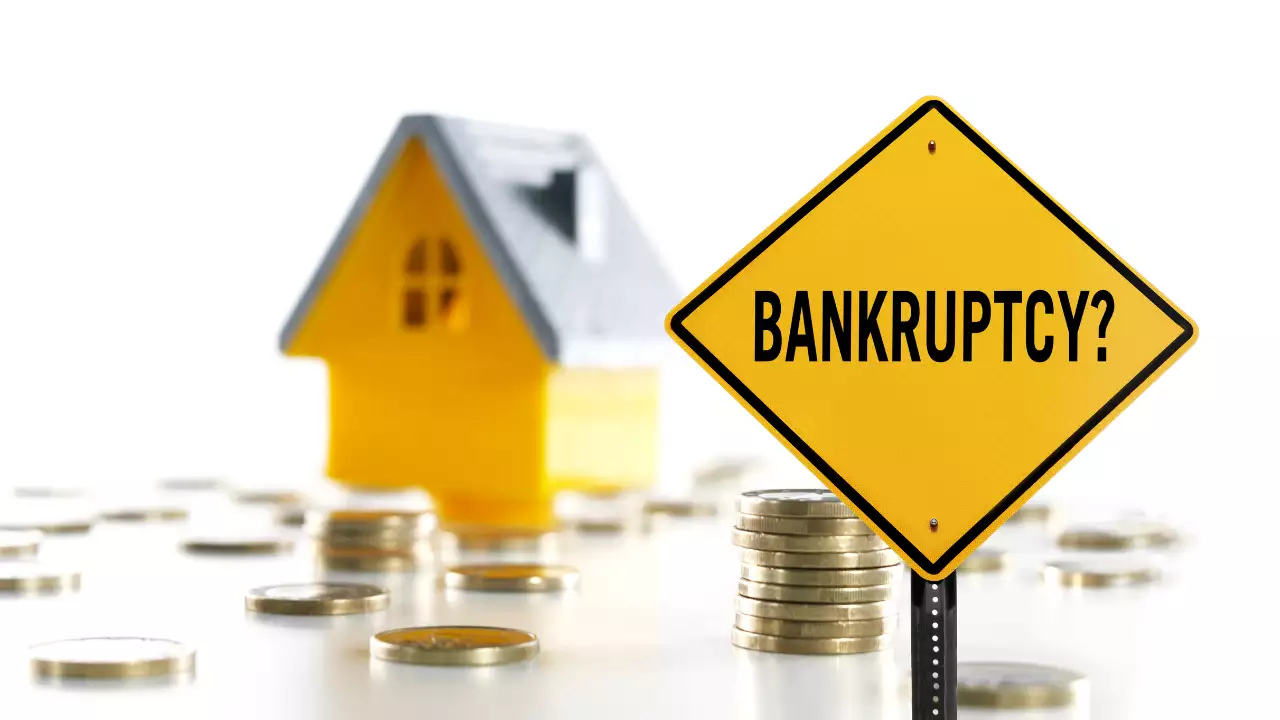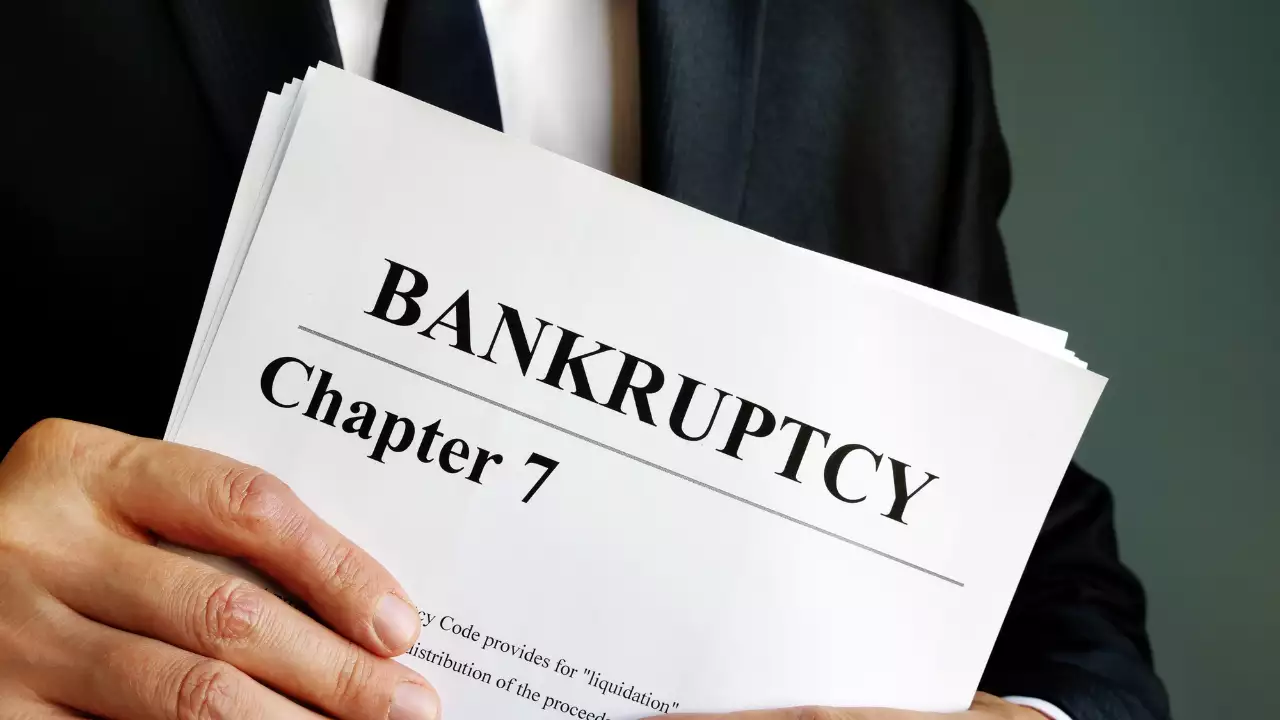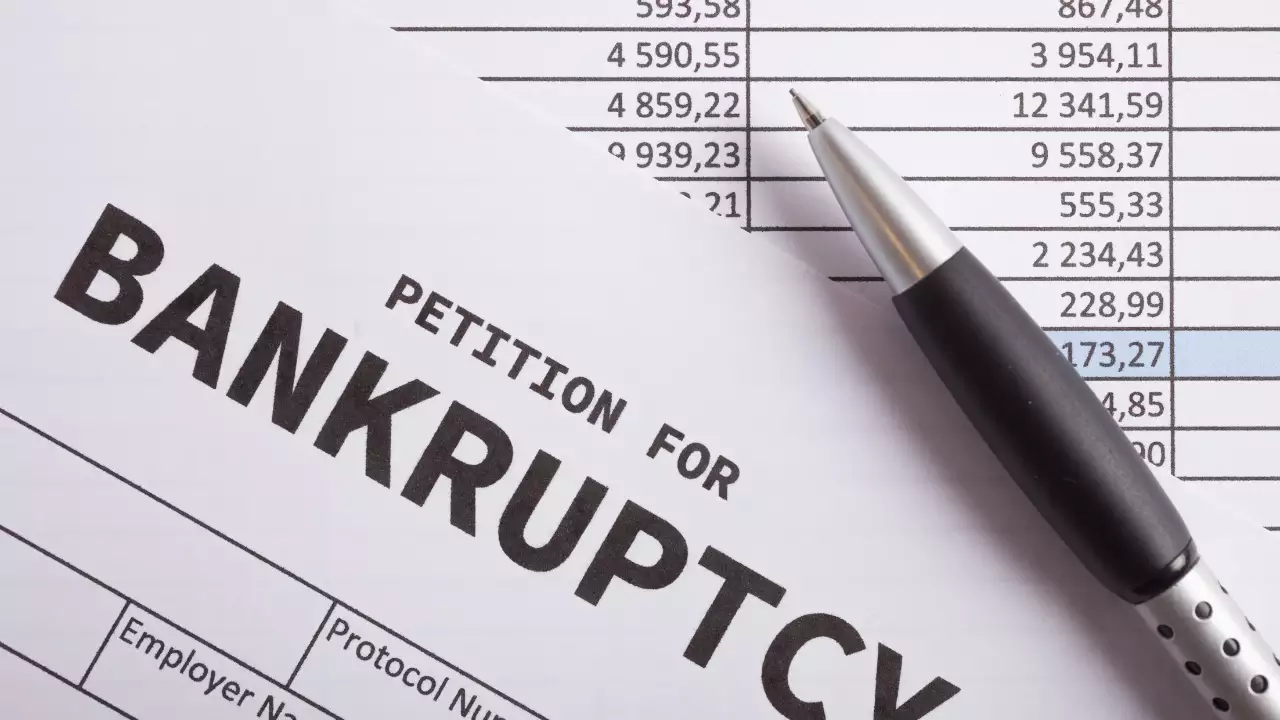What is Bankruptcy?

Bankruptcy is a legal process governed by federal law that allows you to get relief from debt that you cannot feasibly repay. It can help you get a fresh start financially.
Definition of Bankruptcy
- Legally declares you unable to repay some or all of your debts
- You commit to a repayment plan or agree to sell some assets to pay off debt
- Remaining unpaid debt is discharged, meaning you are no longer legally required to pay it
Main Types of Bankruptcy
Chapter 7 Bankruptcy

- Liquidation bankruptcy that wipes out eligible debt like credit cards, medical bills, personal loans
- You sell non-exempt assets like extra cars, boats, to pay back creditor
- Ideal if you have low income or primarily unsecured debt
Chapter 13 Bankruptcy
- Reorganization bankruptcy where you commit to 3-5 year repayment plan
- Allows you to reschedule secured debt like homes, cars and keep property
- Ideal if you have higher income or need to catch up on mortgage/car loans
Key Benefits of Filing for Bankruptcy
- Get collections calls, wage garnishments, lawsuits against you to STOP
- Discharge some or all unpaid debt so creditors wipe it off your record
- Some property exemptions allow keeping homes, cars, retirement plans
- Chance to rebuild your credit after bankruptcy proceedings end
Do You Qualify to File for Bankruptcy?
You must meet certain financial, time-related, and documentation criteria to file bankruptcy.
Financial Qualifications
- Your average monthly income over last 6 months cannot exceed state median
- You must have minimum amount of debt (usually >$10k-$15k)
- Must demonstrate inability to repay debts
Time-Related Qualifications
- Previous filing date must be over 2-8 years ago depending on chapter
- Complete pre-bankruptcy credit counseling course (around 3 months valid)
Documentation Needed
- Tax returns for 4 years
- Proof of income like recent pay stubs
- List of all properties owned and value estimates
- Evidence of all debts owed and amounts
Overview of the Bankruptcy Filing Process

Filing bankruptcy involves extensive paperwork, court oversight, creditors meetings.
Before Filing
- Complete mandatory credit counseling course
- Gather and prepare all documentation the court requires
- Choose correct chapter based on debt type and income qualifications
Filing Paperwork
- Petition – formal request for bankruptcy
- Statement of Financial Affairs – income sources, transfers, debts paid
- Schedules – assets/liabilities, income/expenses, property claims
- Official forms – mailing list, exemptions paperwork
Attending Meeting of Creditors
- Must attend court hearing in front of bankruptcy trustee
- Trustee reviews paperwork and may ask questions about assets, debts
- Creditors rarely attend but can contest details
After Bankruptcy is Filed
- Statutory waiting period before debts formally discharged
- Court notifies credit bureaus and debts wiped from credit record
- New debts incurred aren’t discharged after bankruptcy filing
Bankruptcy Pros and Cons
Filing bankruptcy offers debt relief but also some disadvantages.
Major Advantages
- Debt relief through liquidation of assets or structured repayment plan
- Asset protection in some cases allows keeping cars, homes
- Automatic court stay stops collections suits, seizure of property
Potential Disadvantages
- Severely damages credit score for 7-10 years making loans difficult
- Public records mean anyone can find out about your bankruptcy
- Social stigma surrounding financial failures or irresponsibility
- Higher interest rates on future credit due to increased risk